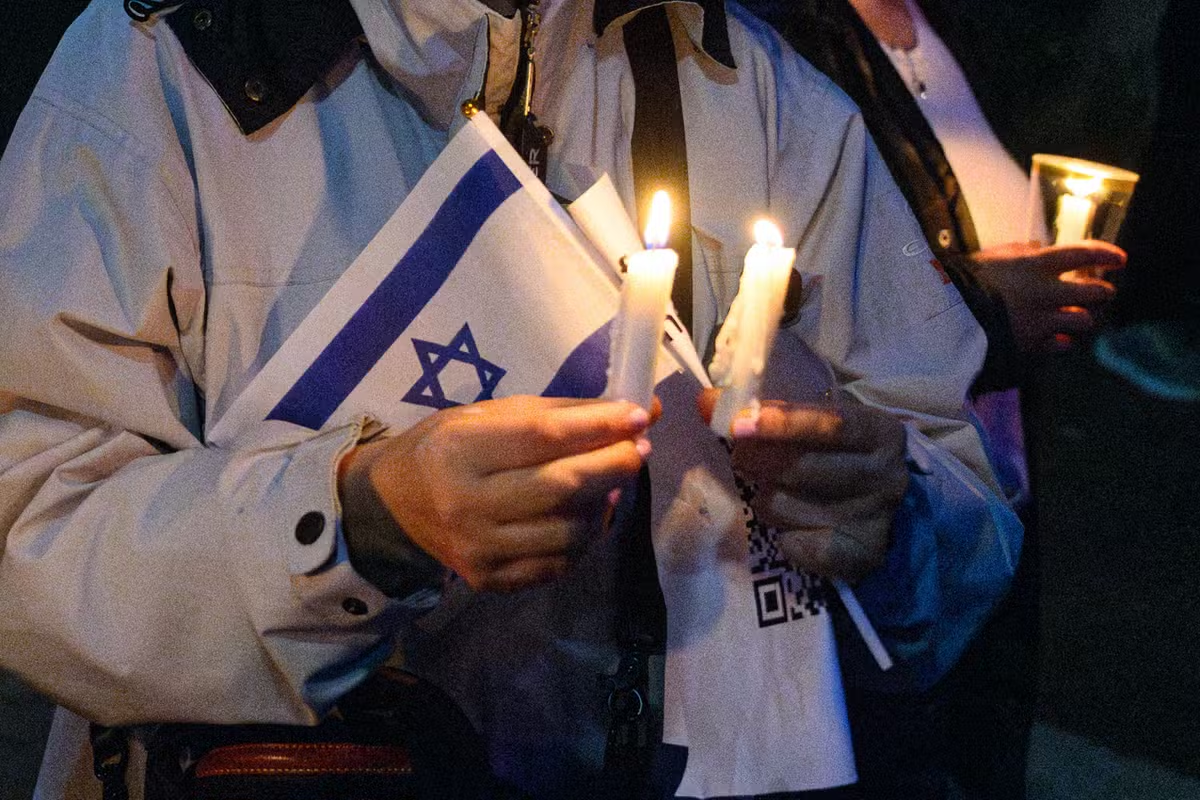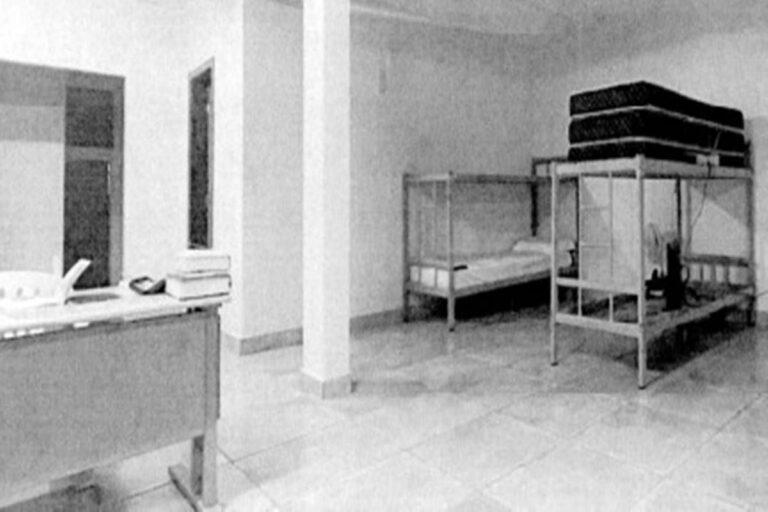
They emerged from the shadows. Hatred of Jews, previously confined to veiled jokes and obscure forums, now spreads naturally on social media, in universities, and even in politics. Potentially legitimate criticism turns into unwarranted rhetoric, disguising hatred as political debate.
- judgement: STF forms majority and names Eduardo Bolsonaro as defendant in attempted court coercion
Since the beginning of the war launched by Hamas on October 7, 2023, the Brazilian-Israeli Federation has identified more than 222,000 anti-Semitic references on the Brazilian internet, potentially affecting more than 126 million people. Its reporting channels have registered more than 2,300 cases, an average of almost six per day. Each number represents not just an attack, but a sign of the deterioration of public debate and the weakening of civilized coexistence.
- See ranking: CBF survey reveals Brazilian soccer’s biggest fans
Among the most dangerous expressions is anti-Zionism, which manifests itself as political criticism, often denying the Jewish people’s right to self-determination and the existence of Israel. This is exactly what the International Holocaust Remembrance Alliance (IHRA) clearly distinguishes as an expression of anti-Semitism. It is legitimate to criticize the policies of the Israeli government. Denying Israel’s right to exist, no.
This modern version of anti-Semitism also feeds on narratives of injustice, old and new. One of the most pernicious is the reversal of the Holocaust, which turns the historical victims of Nazi genocide into perpetrators. This grotesque distortion trivializes the memory of the victims and uses the Holocaust as a rhetorical weapon to attack Israel and, by extension, the Jewish people. The equation “Israel = Nazism” is not a political criticism, but a denial of history.
Another equally dangerous and unjust narrative is the collective responsibility that attributes the actions of the Israeli government to all Jews around the world. This narrative turns all Jews, regardless of nationality, into potential targets of hostility, as if they were representatives of the nation. It is a sophisticated update of ancestral prejudice: collective guilt.
In an environment where anti-Zionism is conflated with social justice and the demonization of Israel takes place under the guise of unity, new expressions of hatred are rampant. It is a selective moralization of Jewish identity. A “good” Jew would be someone who denies Israel. The rest are treated as moral enemies. Behind this rhetoric remains the same logic: dehumanizing Jews and denying them their right to exist.
The results are concrete. Brazilian Jews are afraid to use religious symbols and avoid mentioning Israel or expressing their identity for fear of hostility. This is not just a community issue, but a direct threat to free speech and the very health of our democracy.
To face this scenario, anti-Semitism must be deciphered and disarmed. Make visible what is hidden. Educational and cartographic narratives are tools as powerful as legal sanctions and essential to building healthy public spaces.
Anti-Semitism never goes away, it just changes how we dress. Today, it is expressed with new language, an academic tone, and an overt morality. But behind this rhetoric, the same mechanisms are at work to dehumanize Jews and deny them self-determination.
Anti-Semitism is a laboratory of hate. Where democracy flourishes, democracy suffers. The lessons of the Holocaust remain urgent, and the first step to not repeating them is to recognize when history has been reversed, when terrorists are relativized and victims are attacked for their right to defense and survival.
The fight against anti-Semitism today is about more than just protecting our communities. It is about protecting the right to truth, memory and democratic coexistence – values that are difficult to rebuild once eroded.
*Lonnie Weinsoff is the Secretary of the Brazilian-Israel Federation and a partner of VLK Advogados.



